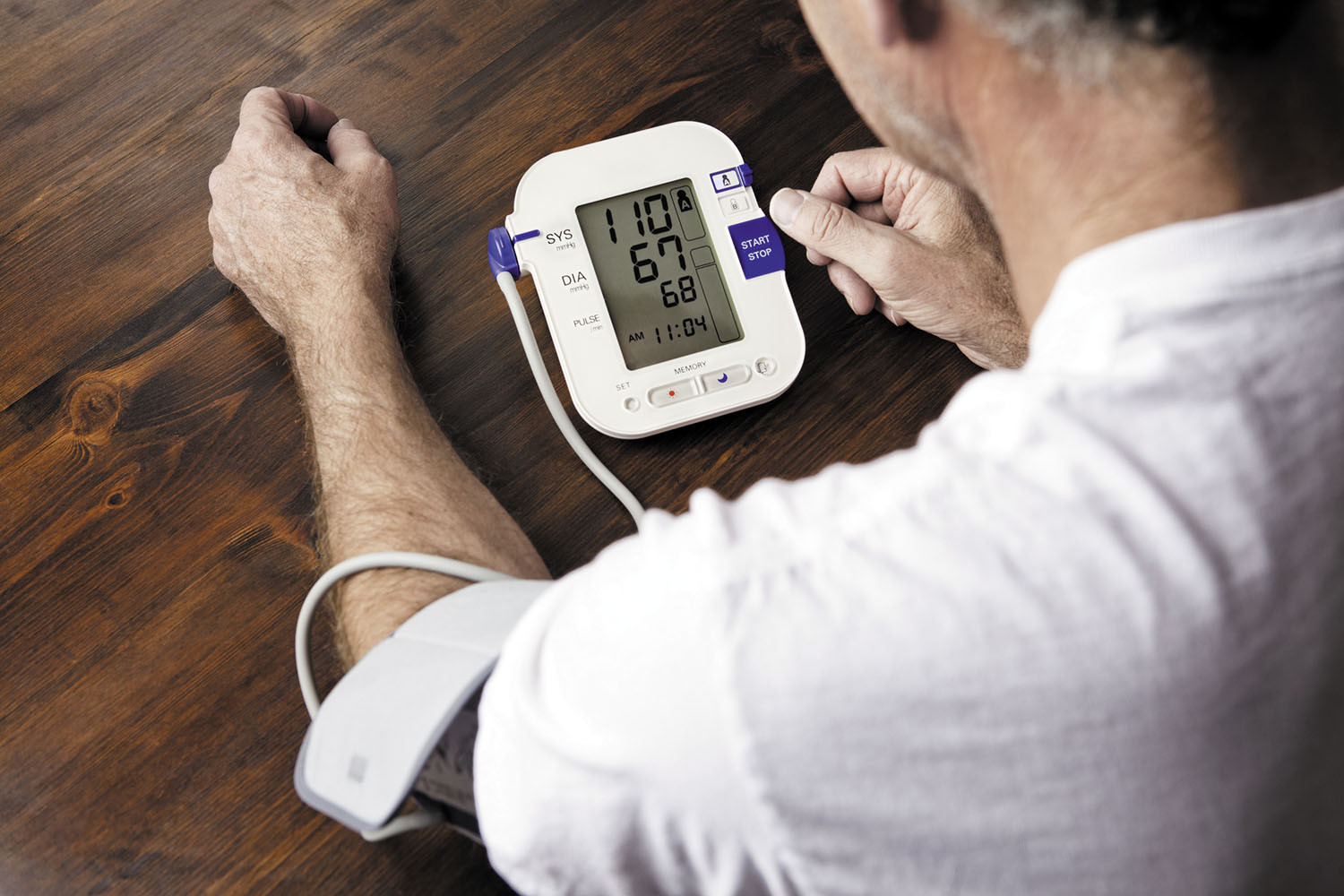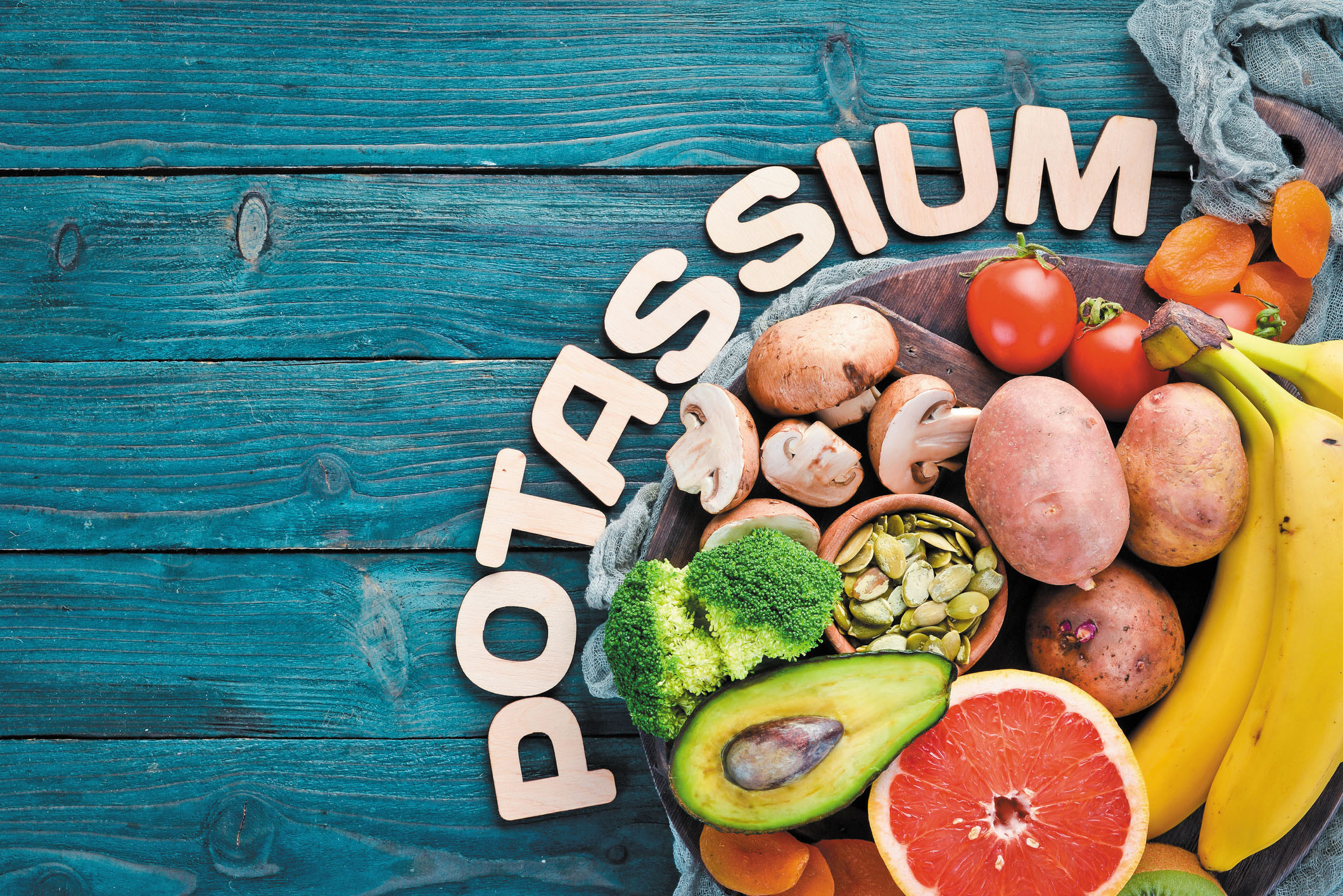
What are somatic workouts?

How to curb your stress eating

How to spot Parkinson’s disease symptoms

8 simple ways to reduce ultra-processed foods in your diet

Heart failure symptoms in women: How they’re different

GERD diet: Foods to avoid to reduce acid reflux

Strong is the new skinny

Everyday habits that sneakily weaken your bones

Don’t wait to get help for back pain

Correcting how you walk may ease osteoarthritis knee pain
Heart Attack Archive
Articles
How much exercise does it take to avoid heart problems in your 70s?
In a study published online Feb. 14, 2022, by the journal Heart, people ages 65 or older who exercised at least 20 minutes per day—especially men ages 70 to 75—had fewer heart attacks and a lower risk of premature death, compared with people who didn't exercise.
High resting heart rate predicts heart risk in women at midlife
A study based on data from the Women's Health Initiative suggests that a high resting heart rate is an indicator of risk of heart attack in middle-aged women.
Heart attack versus cardiac arrest
Heart attacks occur when a blocked coronary artery prevents blood flow to part of the heart. Cardiac arrest is caused by an electrical misfire that causes the heart to abruptly stop beating.
Does a low-salt diet really improve your health?
Using salt substitutes containing potassium chloride instead of using sodium chloride (table salt) may help reduce heart attack and stroke risk. A Harvard study published online Nov. 13, 2021, by The New England Journal of Medicine found that people who consumed the most sodium chloride had a 60% higher risk of a major cardiovascular event (a heart attack, a stroke, cardiac stent placement, or surgery) compared with those who consumed the least. People who consumed the most potassium chloride had a 31% lower risk of a major cardiovascular event compared with the people who consumed the least.
A look at diastolic blood pressure
When it comes to managing blood pressure, doctors tend to focus on lowering the top (systolic) number, but the bottom (diastolic) number also plays an essential role in heart health. Diastolic pressure is the pressure during the resting phase between heartbeats, and helps coronary vessels supply oxygen to the heart muscle. It’s important to keep both blood pressure numbers low per guidelines, but research suggests the diastolic number should not fall too low.
Harvard Health Ad Watch: A blood thinner winner?
Medicines known as blood thinners are prescribed as long-term treatment to avoid initial or recurring blood clots that could cause serious complications. What does an ad in heavy rotation about the brand name blood thinner Eliquis get right and what else do you need to consider?
Under pressure: How stress may affect your heart
Mental stress ischemia occurs when emotional stress causes a decline in blood flow to the heart. The condition, which affects about one in six people with heart disease, may more than double a person's risk of heart attack. Mental stress ischemia appears to be caused in part by changes in the wall and inner lining of the heart's smallest blood vessels. Known as microvascular disease, this problem tends to be more prevalent in women. In contrast, a more common cause of chest pain is narrowing of the large arteries of the heart.
Complications after receiving a stent
Two main complications can occur with coronary stents: the gradual renarrowing of the area inside the stent, known as restenosis, and the formation of clots inside the stent, called stent thrombosis.
Is it a heart attack?
The first-ever guidelines to diagnose chest pain document the range of possible heart attack symptoms. They include a sense of pressure, tightness, squeezing, or heaviness in the chest but also in the shoulders, arms, neck, back, upper abdomen, or jaw. The report also provides a road map to help doctors assess chest pain with selective use of the latest available tests. Chest discomfort can also result from other conditions that affect the heart (such as pericarditis) and nearby organs. These include acid reflux, muscle or joint issues, and lung problems.
Adding potassium and subtracting sodium may equal better heart health
Consuming less sodium and more potassium may be linked to better heart health, according to a November 2021 study published in the New England Journal of Medicine. After controlling for other risk factors, the researchers found that for every extra 1,000 milligrams (mg) of sodium detected in the urine, there was an 18% increase in the risk of cardiovascular disease. For every extra 1,000 mg of potassium in the urine, there was an 18% decrease in risk.

What are somatic workouts?

How to curb your stress eating

How to spot Parkinson’s disease symptoms

8 simple ways to reduce ultra-processed foods in your diet

Heart failure symptoms in women: How they’re different

GERD diet: Foods to avoid to reduce acid reflux

Strong is the new skinny

Everyday habits that sneakily weaken your bones

Don’t wait to get help for back pain

Correcting how you walk may ease osteoarthritis knee pain
Free Healthbeat Signup
Get the latest in health news delivered to your inbox!
Sign Up











